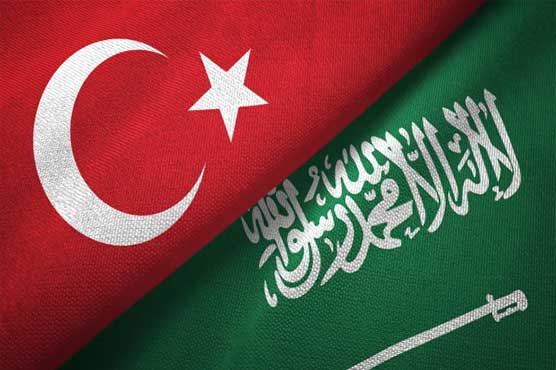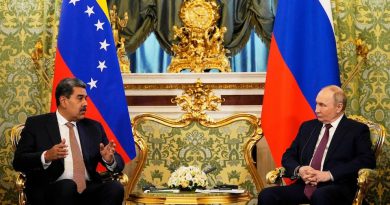Saudi business leader calls for boycott of goods from ‘hostile’ Turkey
Istanbul (Reuters) – The head of Saudi Arabia’s Chambers of Commerce has called for a boycott of Turkish products amid reports from merchants that animosity between Ankara and Riyadh is hindering the flow of goods between the two regional powers.
Saudi Arabia and Turkey have been at odds for some years over foreign policy and attitudes towards political Islamist groups.
Earlier this year the two countries blocked some of each other’s news websites.
“A boycott of everything Turkish, be it imports, investment or tourism, is the responsibility of every Saudi ‘trader and consumer’, in response to the continued hostility of the Turkish government against our leadership, country and citizens,” businessman Ajlan al-Ajlan tweeted on Saturday.
The Saudi Chambers of Commerce is a non-government group of private sector business people. The Saudi government’s communications office did not immediately respond to a request for comment.
For over a year, some Saudi and Turkish traders have speculated that Saudi Arabia was enacting an informal boycott of imports from Turkey.
In comments reported in Turkish media and on his Twitter page, he said he was concerned that what he described as the partial, informal embargo by Saudi Arabia would be deepened.
On Thursday, Turkish President Tayyip Erdogan took a swipe at the Gulf Arab states in a speech to parliament.
“It should not be forgotten that the countries in question did not exist yesterday, and probably will not exist tomorrow. But we will continue to fly our flag in this geography forever with the permission of Allah,” Erdogan said.
Neither Turkish nor Saudi trade data show an unusually large drop in bilateral trade this year, taking into account the strains the coronavirus pandemic has placed on global commerce.
In the second quarter of this year, Turkey was Saudi Arabia’s 12th trade partner by total import value. In July – the latest available data – Saudi imports from Turkey were worth around $185 million, up from roughly $180 million in June.



